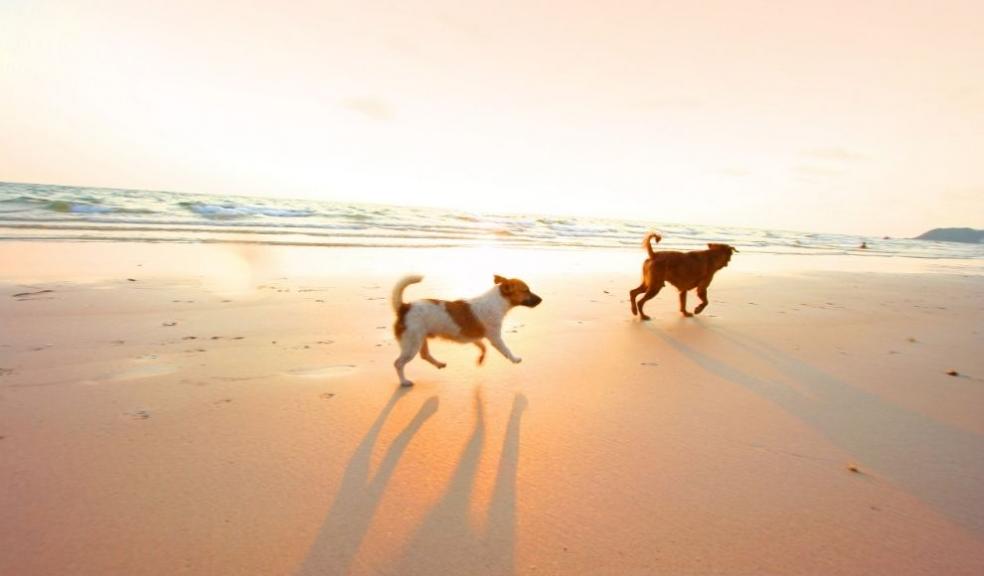
ENJOY WALKS ON THE BEACH, WITH YOUR BELOVED DOG, IN A SAFE WAY
As a nation of dog lovers, it is important to consider where you are taking your four-legged friend for a walk, especially if it involves a trip to the beach. It is well documented that dogs have an incredibly acute sense of smell, far superior to humans, and while the beach is a fantastic place for a walk, it is important to be aware of dangers that may not be apparent to the human eye.
We have noticed that over the years that kind dog owners have thoughtfully warned fellow dog owners about oil being washed up on the beach as contaminated clumps of fat. Although these clumps have a pungent smell and are harmful to animals, dogs see them as food and don’t know to leave them alone.
While there is the desire to let a dog roam freely on the beach, it is always important to supervise your dog so they do not eat anything that may harm them. This is especially true if you do not want to keep them on the lead. Here are some simple tips to help you and your canine best friend have safe fun on the beach:
- Ensure you can always see your dog.
- If you see your dog sniffing something untoward, distract them in the first instance, and then enthusiastically call them back.
- Be calm. If you sound fearful or angry, your dog will be less likely to come back than if you sound welcoming and excited.
- Show you have got treats. Give your dog an extra incentive to come back.
- Reward them straight away, with a pat, praise words and the said treat.
- Distract them to ensure they do not go back to the same place, where said food item might be. Play fetch with a brightly coloured ball, stick or even a frisbee, or run with them, so they stay focused.
- Keep repeating this strategy. As with any habit, it can take a while to break. You will need to repeat this routine every time your dog is on the beach - keep training and you will reap the rewards.
- If this does not work, but you still want beach walks, then keep the dog on a lead or consider a muzzle, so unearthed food sources cannot be ingested.
- When you return home, wash your dog’s paws, especially if the beach is very sandy. If their coat is covered too, consider giving them a bath.
- If your dog does unfortunately eat the oil from the beach, phone the vet straight away and if necessary, make an appointment so the vet can give your dog a thorough check up.
By following these simple strategies, you and your pooch can have fun on the beach, in the safest way possible.







